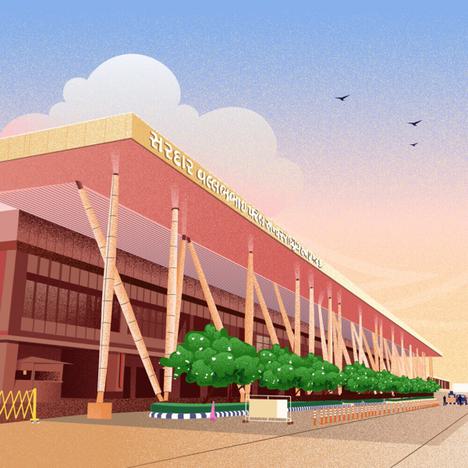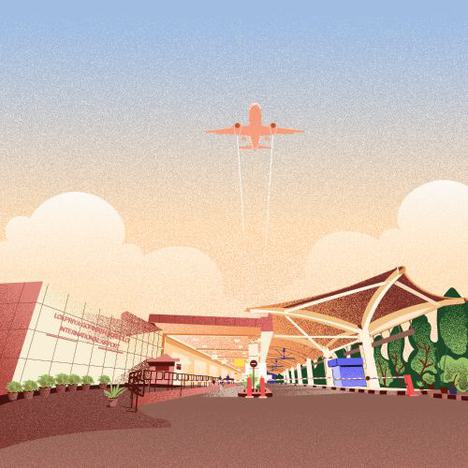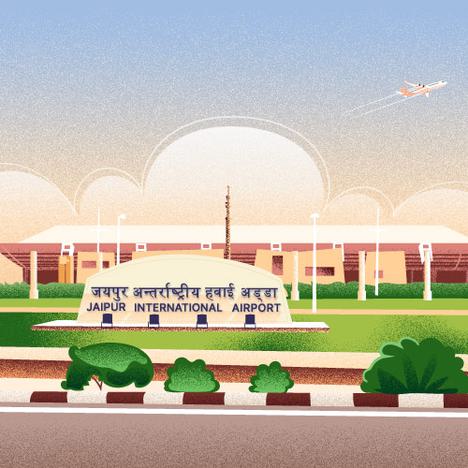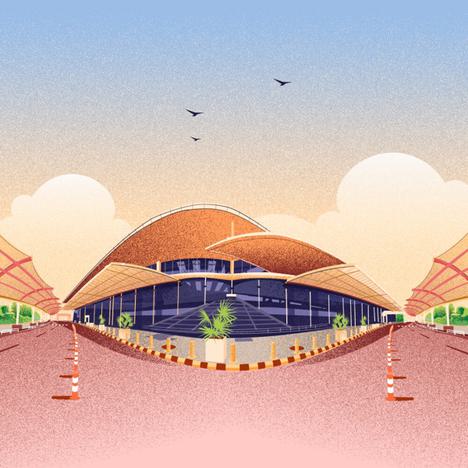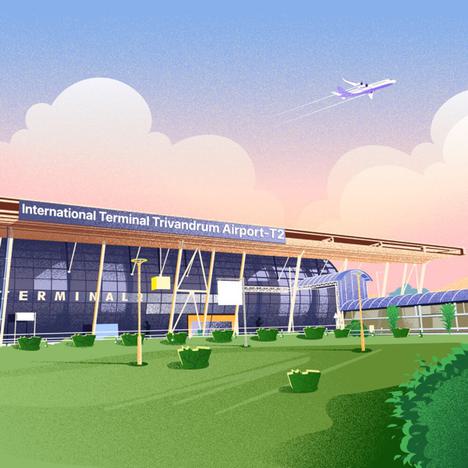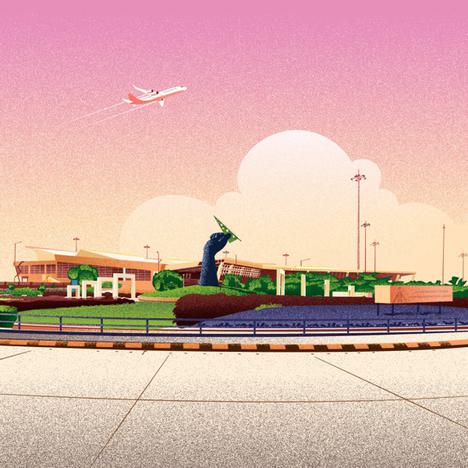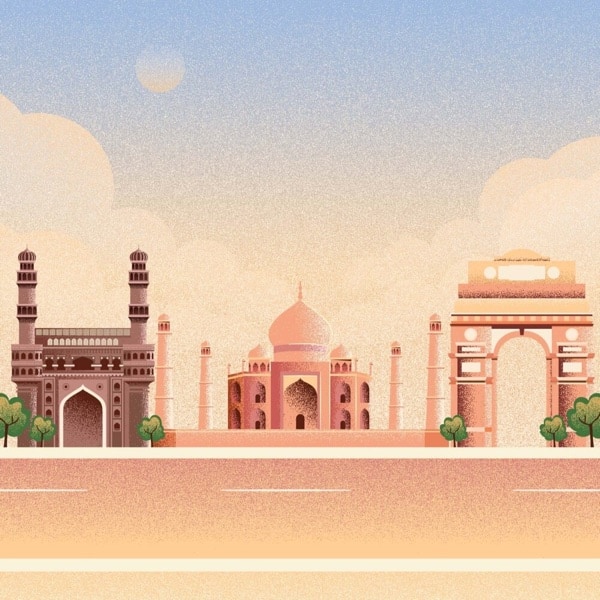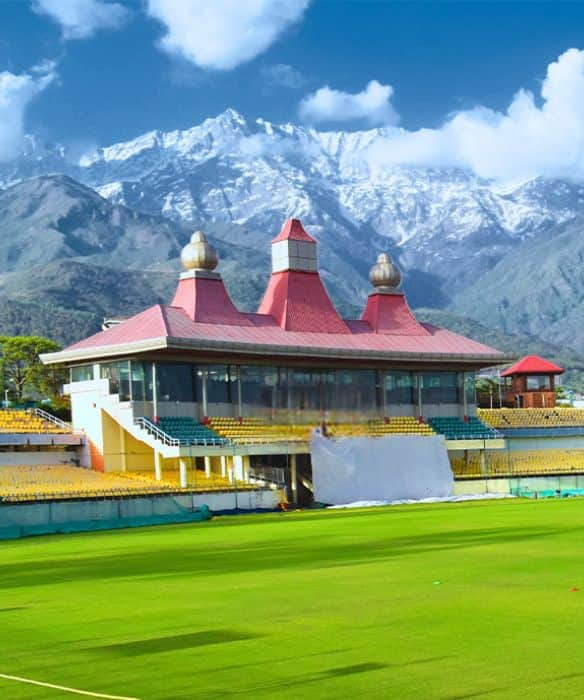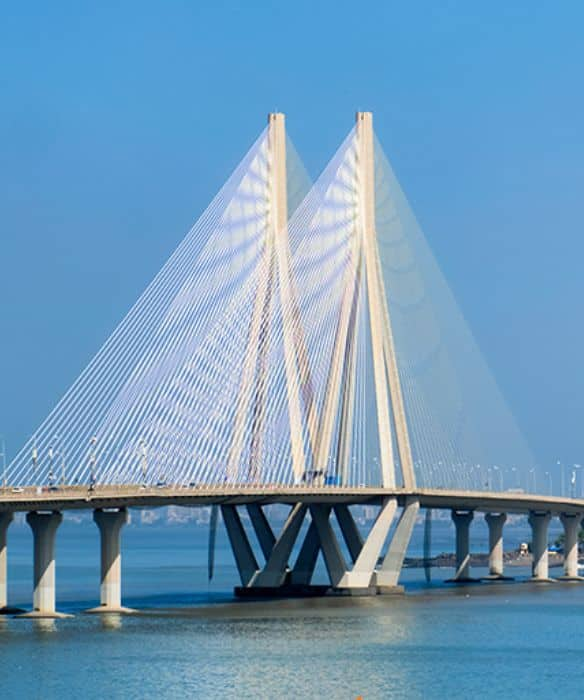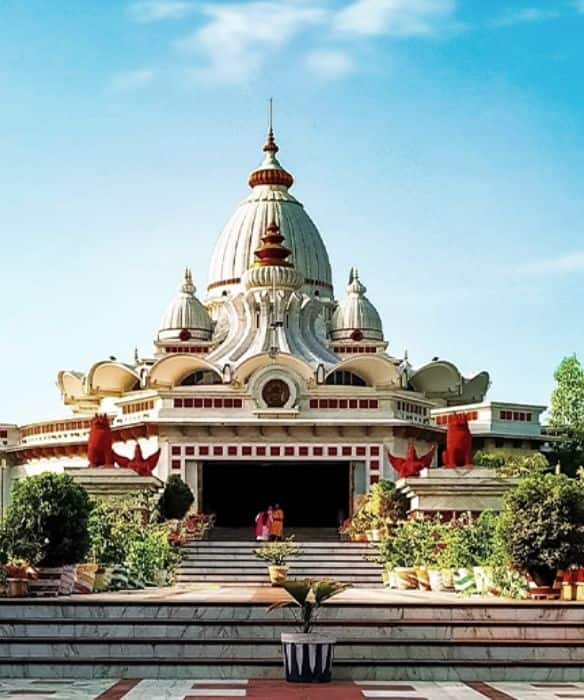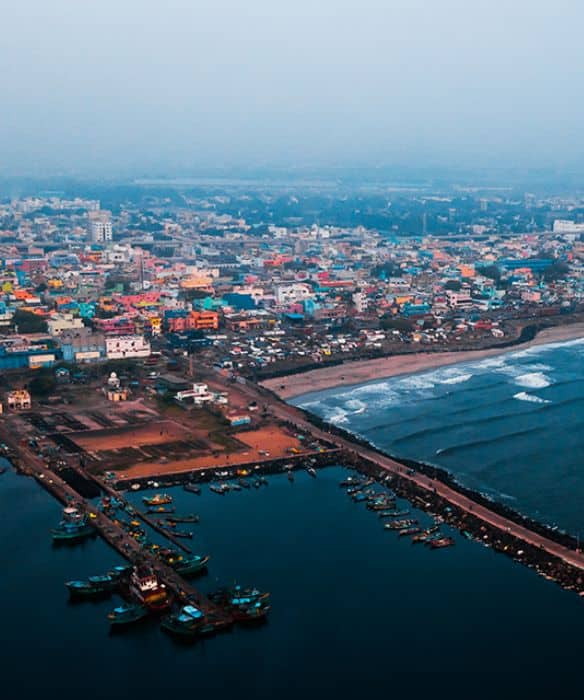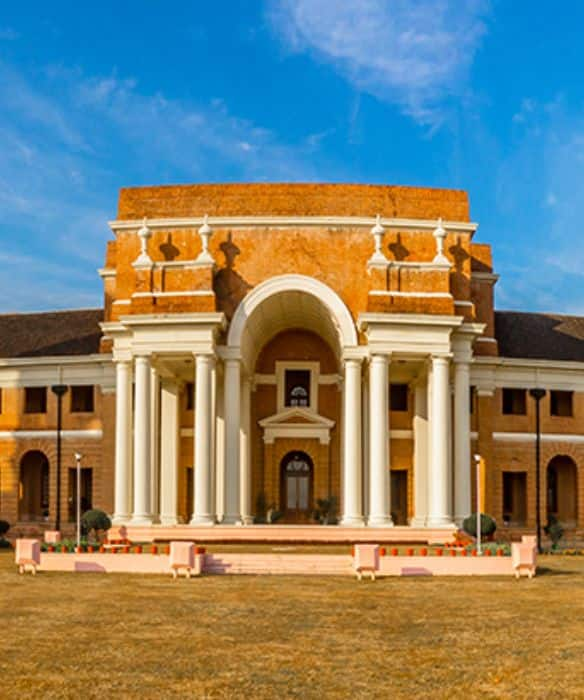About Barmer
In the heart of Rajasthan lies Barmer, a city that epitomises the rugged charm and rich heritage of the Thar Desert. Known for its intricate crafts, vibrant festivals, and historical landmarks, Barmer offers a unique glimpse into the cultural tapestry of western India. For those drawn to explore off-the-beaten-path destinations, Barmer presents an array of experiences—from marvelling at centuries-old architecture to indulging in local Rajasthani cuisine.
Delving into Barmer's past, you encounter stories of valour and tradition that have shaped this desert city over centuries. Originally known as Mallani in the 12th century, its present name is believed to stem from its founder, Bahada Rao Parmar (Bar Rao Parmar), who rechristened it "Barmer" or "the hill fort of Bar." Over time, Barmer has been a witness to numerous historical episodes, from the rise and fall of dynasties to the resilient spirit of its people against harsh climatic adversities.
Among the standout historical structures is the Barmer Fort. Constructed in the 16th century, this fortification stands as a testament to Rajput grandeur and military prowess. The panoramic views from atop the fort walls offer sweeping vistas of the town and desert beyond—a perfect spot for photography enthusiasts and history buffs alike.
Further enriching Barmer's cultural landscape are its religious sites. The Kiradu Temples are an architectural marvel dating back to the 11th century, showcasing an exquisite blend of artistry with their detailed stone carvings depicting various deities and mythological scenes. Similarly, the Nakoda Jain Temple serves not only as a spiritual haven but also as a piece of architectural beauty with its intricate marble carvings that draw pilgrims and tourists alike.
No visit to Barmer is complete without experiencing its vibrant festivals that showcase the rich folklore and traditions of Rajasthan. The Barmer Thar Festival, usually held in March, is a cultural extravaganza where you can enjoy folk music, traditional dances like Kalbeliya, and camel races. Another notable event is the cattle fair near Tilwara Ghat during Navratri, which provides insights into rural life and livestock trading practices among locals.
Barmer’s cuisine offers a delectable range of Rajasthani dishes that are both hearty and flavorful. Signature dishes include Ker Sangri (a spicy curry made from desert beans) and Bajre Ki Roti (pearl millet bread), often accompanied by lashings of garlic chutney and onion slices. For those with a sweet tooth, Malpua—local pancakes soaked in syrup—is an unmissable treat.
Artistry in Barmer is characterised by vibrant textiles adorned with intricate embroidery and mirror work—perfect souvenirs for those looking to carry a piece of Rajasthani culture back home. The local markets, like Sadar Bazaar, are bustling with shops selling colourful fabrics, pottery items, wooden carvings, and embroidered accessories that reflect the indigenous skills preserved across generations.
The geography surrounding Barmer is marked by stark landscapes interspersed with sand dunes, providing opportunities for nature lovers to explore via camel safaris at sunset or sunrise when the horizon glows with hues of orange and purple. These safaris offer a quintessentially Rajasthani experience—slow-paced yet exhilarating.
For those willing to venture further, Jaisalmer lies about 153 kilometres away, offering attractions such as Jaisalander Fort and sand-dune bashing adventures. In contrast, Mount Abu provides a respite from desert heat with its cool climate and lush greenery around Nakki Lake—a stark contrast to barren dunes but equally enthralling.
